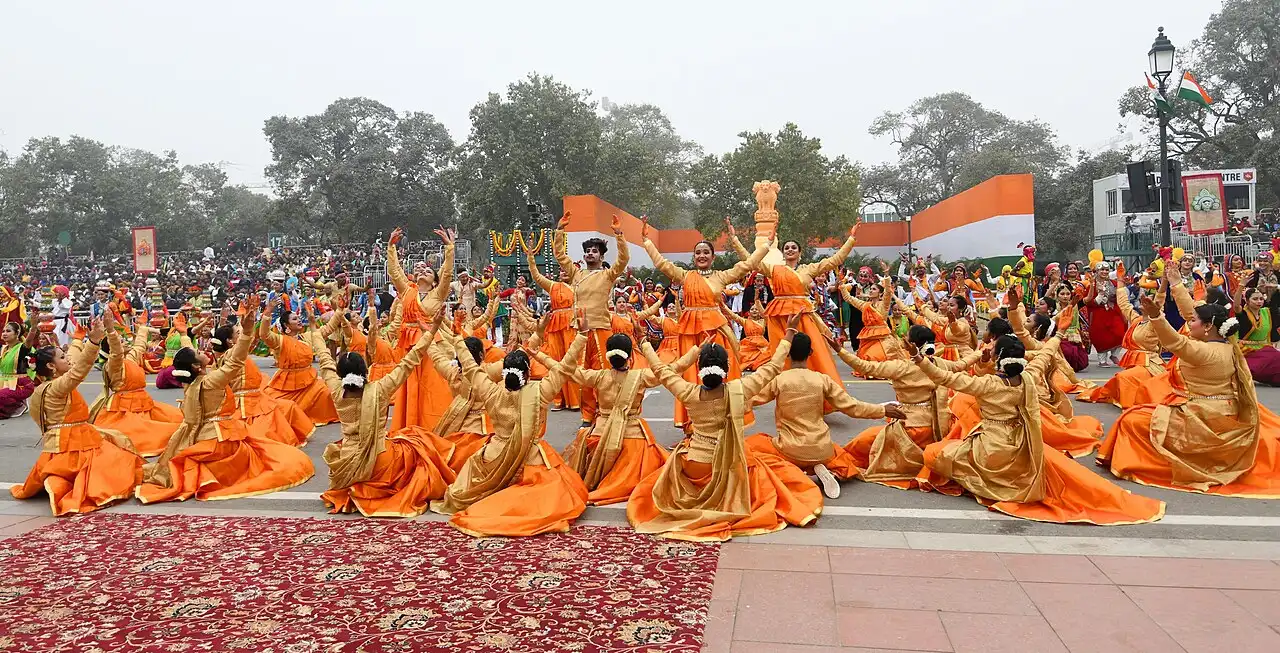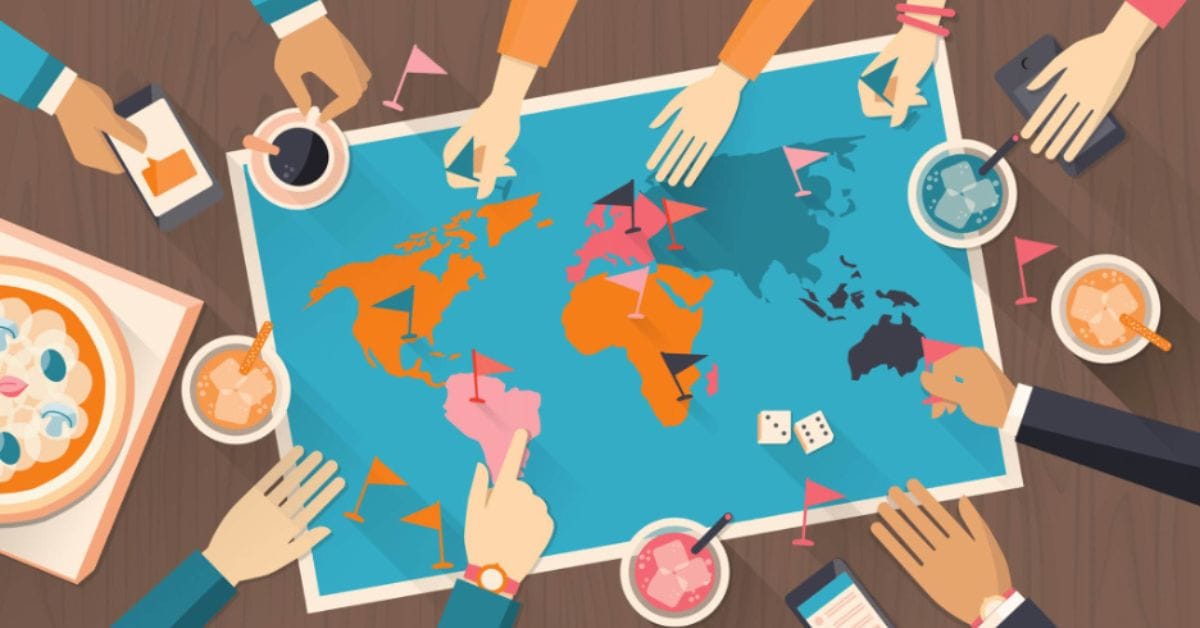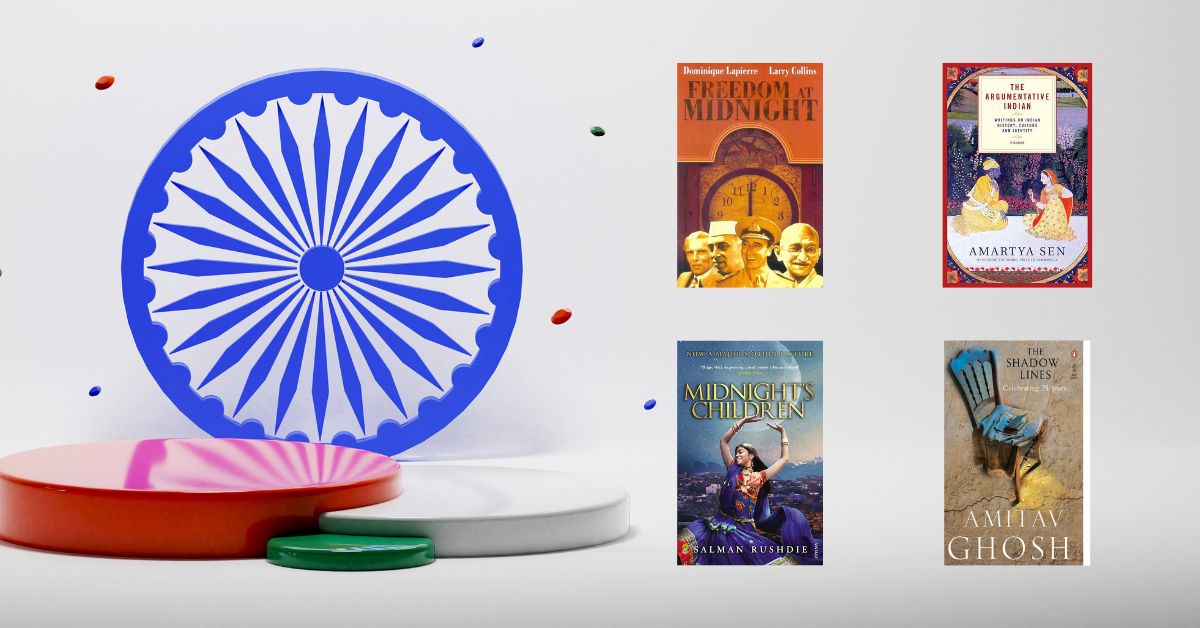This question has crossed my mind several times before, but earlier I never found a clear answer. Perhaps it was because, back then, I never thought of jotting these thoughts down, sitting with them, and thinking a little deeper. Over time, however, this question kept returning quietly, persistently until it demanded articulation. Many of us who use Instagram might have come across reels with the caption “Bohot zor se 26 January aa raha hai.”
Tag: Culture
The Vital Role of Cultural Diplomacy in International Relations
Apart from the traditional notion of hard power that involves quantifiable military and economic might, soft power as a facet of power has found political resonance in the realm of international relations in recent decades. Pioneered by Harvard scholar Joseph Nye, soft power is a non-coercive facet of power that has become increasingly important in maintaining hegemony in the world. Soft power entails the art of subtly influencing outcomes by shaping the preferences of other countries and actors outside your own country via the tactics of attraction, appeal, and persuasion.
India’s Gay Brain Drain: The Cost of Discrimination
‘Gay Brain Drain’ consequently plaguing India is an intricate interaction among the forces of societal norms, legal frameworks, and individual introspection. This article scrutinises the different complications that people from the LGBTQ+ community come across on a daily basis and delves into various factors that force them to migrate, leaving an impactful debate about the economy’s pool of talents, socio-cultural repercussions, and ultimately the gay brain drain.
The Best Books to Read at India’s 78th Independence Day
As the clock struck midnight on August 15, 1947, a new dawn broke across the Indian subcontinent. For the millions of people who had fought for decades under the colonial rule, that moment marked the culmination of a dream – a promise to self – determination, unity, and hope. The birth of a free India, announced with Jawaharlal Nehru’s stirring words, “At the stroke of the midnight hour, when the world sleeps, India will awake to life and freedom,” signified not just political independence, but the reclamation of a long-suppressed identity. Yet, as the jubilant celebrations of that day echoed across a land still trembling from the trauma of partition, India found itself poised between freedom and fracture, between euphoria and an uncertain future.



